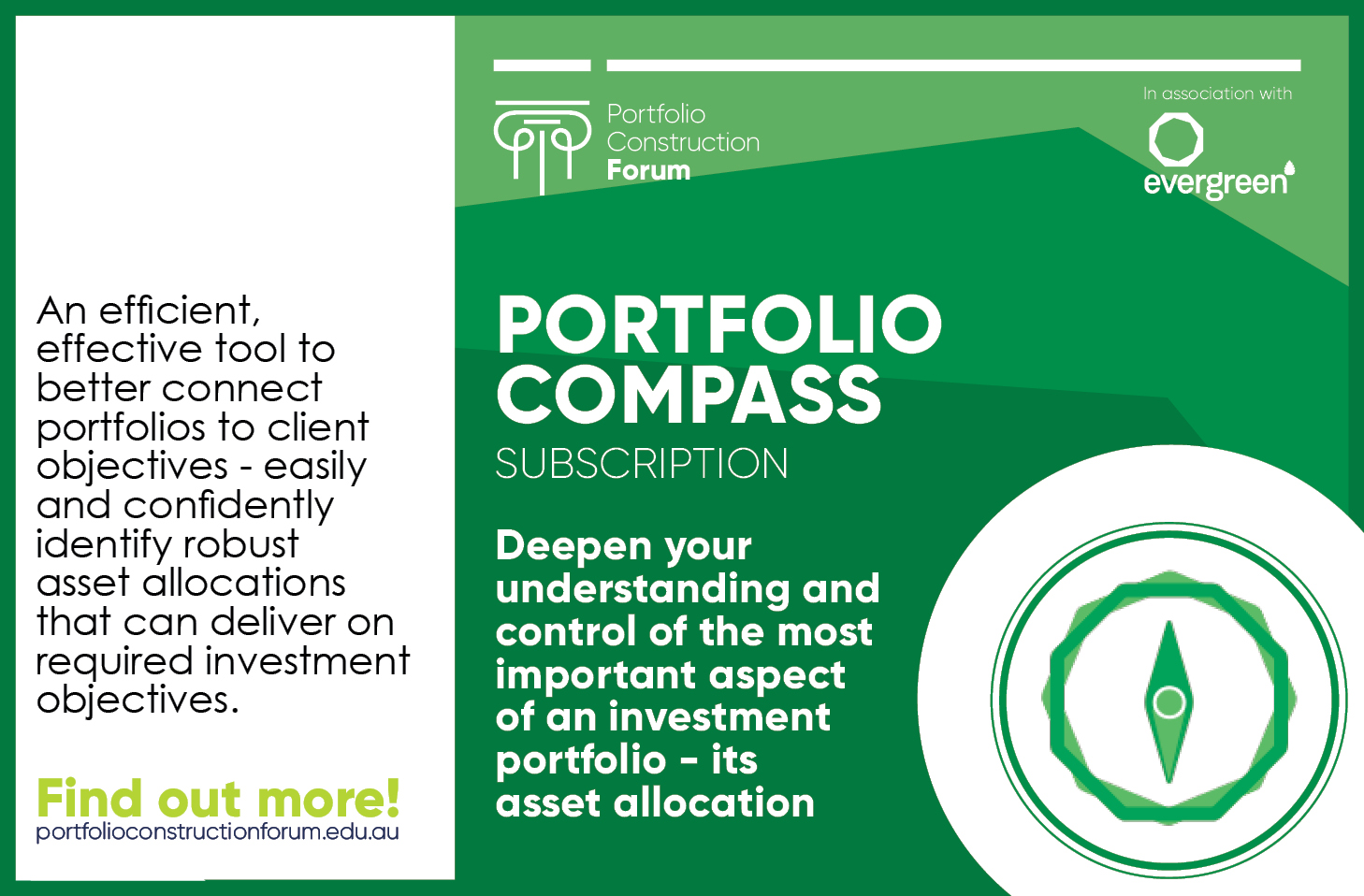The future that emerges after 2025 depends crucially on the worldview we choose. Lamenting the polycrisis reinforces paralysis; embracing the polytunity encourages change.
2025 will likely go down in history as one of the most eventful, action-packed years of the 21st century. Here are 20 possibilities that should help you navigate uncertainty between now and 2031.
A new approach to asset allocation is needed to create long-term wealth for clients, focusing on risk-adjusted returns with up to 50% of portfolios allocated to private markets asset classes.
Rather than treating ethical decision-making as a cognitive issue, investment professionals should develop "ethics muscle memory", increasing the chances of successfully navigating moral predicaments in the moment.
Together, these two articles shed light on important micro and macro challenges facing the growth of ethical responsibility in investment and wealth management.
Private debt has grown in popularity as an alternative source of debt financing, with the asset class tripling in size since 2008. This self-paced, two-hour online short course equips you with the expertise to navigate private debt investment confidently across diverse market conditions.
Led by behavioural finance expert, Herman Brodie, the Behavioural Finance - Investment Decision-Making course will help you identify, analyse and evaluate the principal human preferences that influence decision-making in situations of uncertainty, so you can recognise and identify these preferences in others, to improve investment decision-making.
This has been a bumpy year for the US economy. The big question now is what 2026 will bring. Even if important downside risks remain, one can be cautiously optimistic heading into the new year.
As 2025 draws to a close, markets are experiencing what is best described as a "crisis of faith". What this means for investors will depend on the actions already taken so far this year. Those who did nothing are now stuck between a rock and a very hard place.
Incorporating alternative assets into multi-asset funds through a Total Portfolio Approach can provide a more informed understanding of risk and return across the whole portfolio.
This paper looks at the impact of repetition on our perceptions of unethicality and truth. It finds that the more times we hear about a wrongdoing, the more we may believe it - but the less we may care.
As we progress through the Trumpification of markets, the political and information prism through which we view the world will help us mind the gap(s) between market perception and investing reality.
With the price of gold hitting new records and pulling back sharply, is it a bubble or a sign of some profound, broader change in the global financial landscape? History does offer some clues.
True fiduciary duty is the continual exercise of independent judgement in the client's best interest. Structural bias is the greatest threat to the future of quality investment advice and outcomes. I call this The Fiduciary Gap.
Our diverse panel of portfolio construction practitioners discusses which of the high conviction propositions they heard during Strategies Summit 2025 it is time to make a move on, to design resilient portfolios in practice.
Our diverse panel of asset class experts discusses and clarifies the implications of four global economic and markets outlook scenarios for the medium-term (three-year) outlook for key asset classes.
What's new with our live and on-demand continuing education, accreditation and certification programs.




















